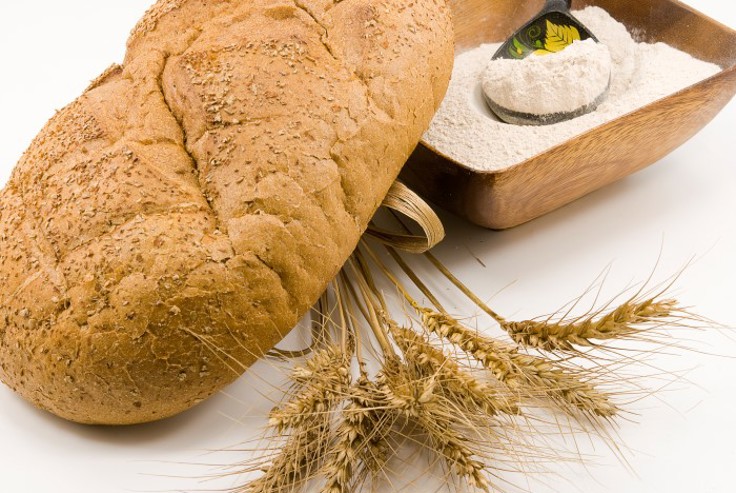Enterovirus may trigger coeliac disease
Research findings
|Published
Common gastrointestinal viruses may be a contributing factor to coeliac disease, according to a study from the Norwegian Institute of Public Health and Østfold Hospital, published in the British Medical Journal.
Type of study: Observation study
People with coeliac disease cannot eat bread or other foods containing wheat, rye or barley because they react to gluten.
“The study suggests that enterovirus, a common gastrointestinal virus, can trigger the disease,” says Dr. Ketil Størdal senior researcher at the Norwegian Institute of Public Health and consultant at Østfold Hospital.
220 children aged between 9 and 15 years participated in the study. The 25 children who developed coeliac disease were diagnosed at 7 years, on average.
Stool samples were collected from each child every month for their first three years of life.
The results show that:
- Almost all the children had enterovirus in their samples at least once. Overall, 20 per cent of the samples from children who developed coeliac disease contained enterovirus, compared with 15 per cent of the samples from those who did not develop the disease.
- Only infections that occurred after the baby started eating food with gluten were associated with an increased risk of coeliac disease. Gastrointestinal infections before the baby began with solid food did not increase the risk.
- Prolonged or severe enterovirus infections were associated with a doubled risk.
- Adenovirus, another gastrointestinal virus, showed no association with coeliac disease.
“The results indicate that it is the combination of gluten and enterovirus infection among young children that increases the risk of coeliac disease,” says Størdal.
This is the first known study to perform frequent collection and testing of stool samples, which allowed for the capture of most gastrointestinal infections and a reliable calculation of coeliac risk.
Enteroviruses are a group of viruses that infect most children when they are very young. Viruses often cause small outbreaks of disease in late summer and autumn. There are usually no symptoms, although some people may experience loose stools or fever.
Other causes
Other studies have shown that coeliac disease may be associated with infections but infections cannot explain the whole cause of the disease. Other environmental factors may be important, including the amount of gluten and antibiotic use early in life.
Future vaccine?
“We anticipate that vaccinating children against enterovirus may be relevant in the future. However, we need a larger study to confirm our results and a vaccine must be developed and tested,” says Størdal.
About the study
The researchers followed 220 children with a tissue type associated with increased risk of coeliac disease and diabetes. In the population, about 40 per cent have such a tissue type.
In addition to the monthly stool samples during the first three years, blood samples were taken at regular intervals during the first year of life and subsequently every year. Stool samples were analysed for different types of viruses. Blood samples were analysed for antibodies that showed whether the child already had coeliac disease or was starting to develop it.
Often those who have coeliac disease have symptoms for a long time before diagnosis. In this study, it was possible to detect early signs for coeliac disease from blood tests.
In Norway, approximately one in a hundred people have coeliac disease, although the prevalence may be higher due to many undiagnosed cases.
Reference
Enterovirus as trigger of coeliac disease: nested case-control study within prospective birth cohort. BMJ 2019; 364:1231. doi: https://doi.org/10.1136/bmj.l231
Editorial in same edition of BMJ: Searching for the missing link in coeliac disease


